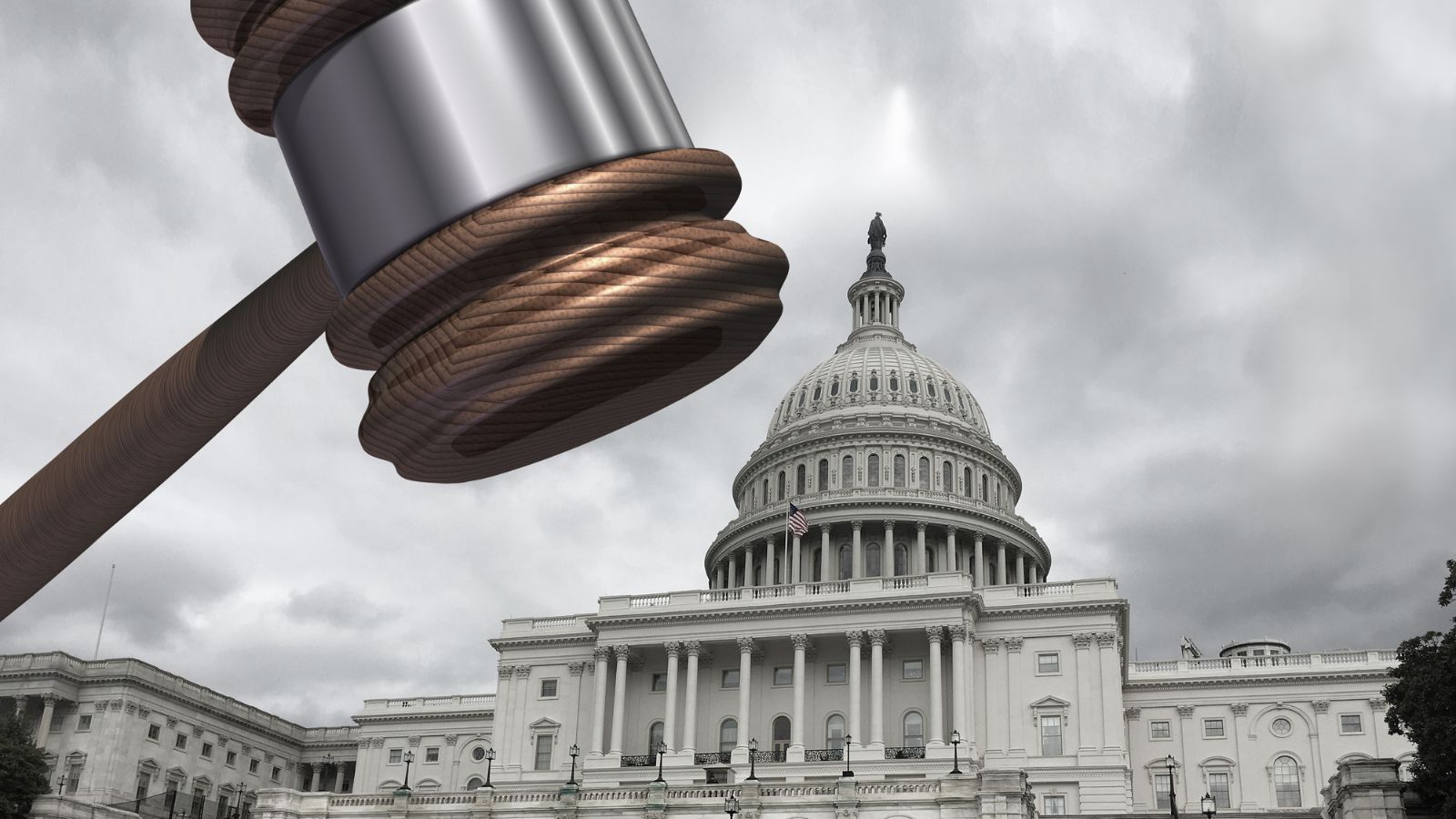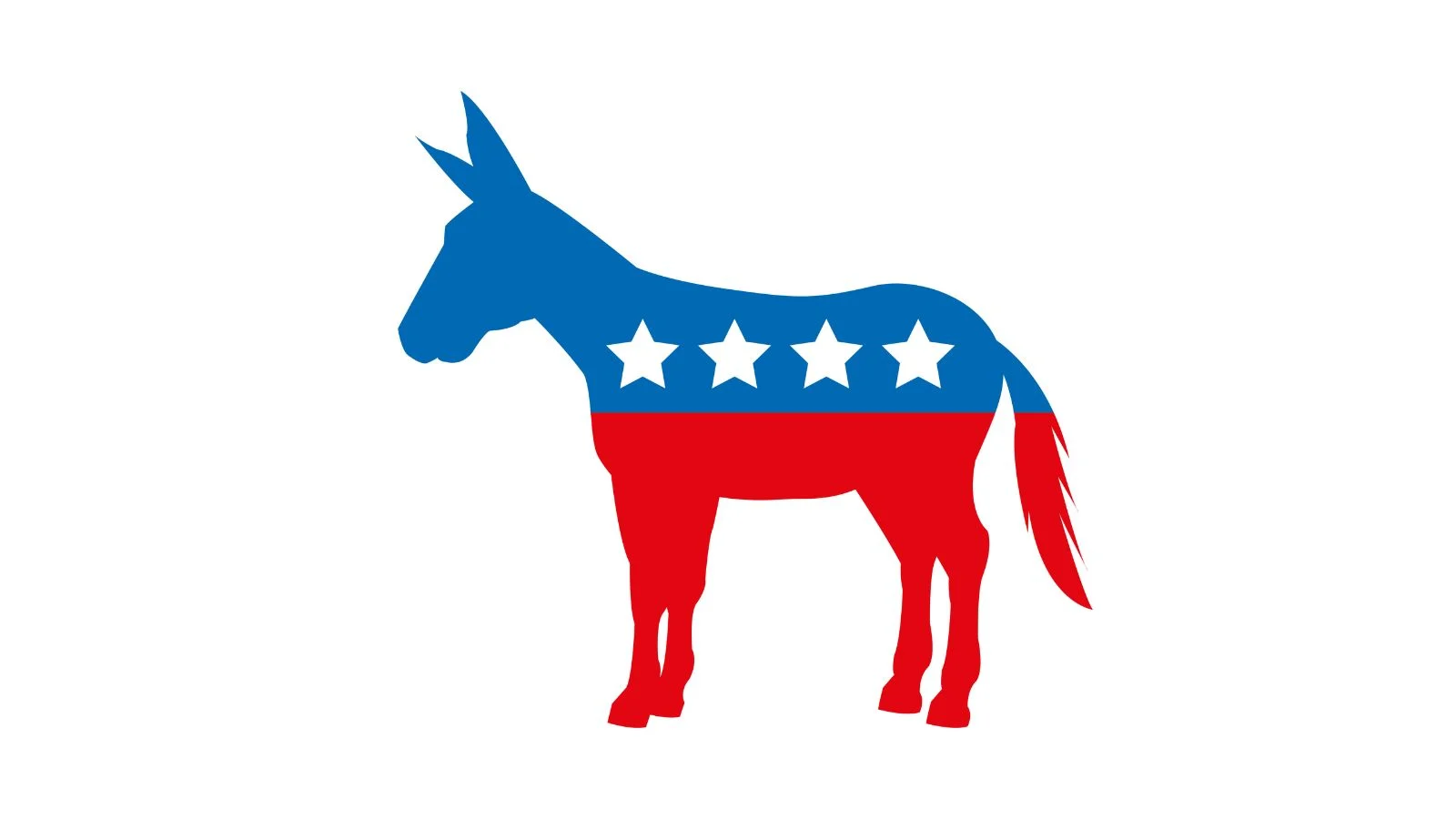Utah’s recent enactment of the “Utah Constitutional Sovereignty Act” has sparked debate over states’ rights and federal supremacy.
Signed into law by Gov. Spencer Cox, the act establishes a process for the state to challenge federal directives, raising questions about its constitutionality and broader implications.
Overview of the Sovereignty Act

The Sovereignty Act enables Utah’s Legislature to prohibit the enforcement of federal directives deemed to violate state sovereignty through concurrent resolutions.
While proponents argue it’s a necessary check on federal overreach, critics raise concerns about its potential conflict with the Supremacy Clause of the U.S. Constitution.
Constitutional Concerns

Legal experts question the constitutionality of the Sovereignty Act, citing the Supremacy Clause, which gives precedence to federal laws.
Robert Keiter, a law professor, expresses skepticism, suggesting that the act may be constitutionally problematic and invite legal challenges.
Historical Context

Utah’s Sovereignty Act aligns with a broader conservative push for states’ rights, echoing historical debates over federalism dating back to the founding of the nation.
Similar tensions between states and the federal government have emerged throughout U.S. history, reflecting ideological divides and political dynamics.
Political Motivations

The enactment of the Sovereignty Act reflects Utah’s Republican-led efforts to assert state sovereignty against perceived federal encroachment.
Sen. Scott Sandall, the bill’s sponsor, views it as a mechanism to challenge federal overreach and promote states’ autonomy.
Legal Precedents

The legality of the Sovereignty Act faces scrutiny, particularly in light of past legal battles over states’ rights versus federal authority.
While Sandall contends that the act’s process is constitutional, critics argue that it undermines established legal principles.
Implementation Challenges

Practical concerns arise regarding the implementation of the Sovereignty Act.
Litigation costs, potential conflicts for state employees, and the risk of legal uncertainty pose challenges to its effective enforcement and application.
Policy Considerations

The Sovereignty Act targets specific federal regulations, such as environmental rules and land management policies, reflecting Utah’s ongoing disputes with the federal government.
The bill underscores broader ideological divides and policy disagreements between state and federal authorities.
Opposition Perspectives

Critics, including Democratic lawmakers like Rep. Brian King, voice reservations about the Sovereignty Act’s potential misuse for political purposes.
King emphasizes the importance of resolving disputes through established legal channels rather than legislative maneuvers.
Symbolic vs. Substantive Impact

While symbolic of Utah’s stance on federalism, the practical implications of the Sovereignty Act remain uncertain.
Keiter suggests that its symbolic nature may overshadow its substantive impact, as legal challenges and practical obstacles could limit its effectiveness.
Future Implications

The enactment of the Sovereignty Act reflects ongoing debates over the balance of power between states and the federal government.
As states navigate complex legal and political terrain, the act’s fate and broader implications for federalism remain uncertain.
Act Epitomizes Tensions

Utah’s Constitutional Sovereignty Act epitomizes the enduring tensions between states’ rights and federal authority in American governance.
Whether it represents a meaningful assertion of state sovereignty or a symbolic gesture, its implementation and legal ramifications will shape the future landscape of federalism.
Read More From The Stock Dork



 Tags:
Tags:










